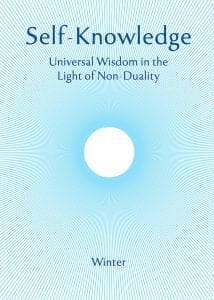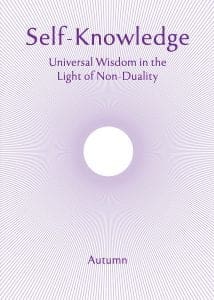The Joy of Self-Knowledge
When Socrates, condemned by the Athenian authorities, was about to drink the poison, his disciples asked him what kind of funeral he would like. His reply was: ‘Whatever you wish—if you can catch me and I do not get away from you.’ The sage was identified with the spirit, which is our true Self. This…
Read MoreComing Close – Chapter 10 of the Bhagavad Gita
Chapter ten of the Bhagavad Gita is about how we may approach that which is beyond the range of thought (the absolute, God, Brahman, whatever we choose to call this), and about how the way we relate to that affects our progress on the path of inner discovery. Thinking of the absolute in tangible forms…
Read MoreSelf-Forgetfulness and Creativity
Glimpses of Wisdom in the Writings of John Keats Many of the ideas of the poet, John Keats, are similar to the teachings of Adhyatma Yoga and those found in the Bhagavad Gita. He thought of the world as a school into which intelligences are born and have to develop into fully fledged souls. In…
Read MoreLetting Go Lightly
Reflections on the meaning of detachment on the path to inner freedom The ultimate principle of perfection is present in all of us, concealed in the mind’s innermost recesses. Our thoughts and emotions form a sort of screen that holds our attention and binds us, through desire, to the world of appearances. The perfection of…
Read MoreThe Non-Dual View of Devotion
Bhakti, the practice of devotion, is at the core of the inner path that leads from the limitations of individuality to the realisation of the freedom and universality of our true Self. It is a theme that is covered in depth in the Bhagavad Gita and also in the Narada Bhakti Sutras, a short text…
Read MoreNon-dual Meditation and Belief in God
What is the aim of our meditation? It is to expand our consciousness and to discover a fulfilment and security that nothing can disturb. On this path, much depends on our own ideas about ourselves and the great whole of which we are a part. When we think about these things and reflect on what…
Read MoreThe Role of the Witness in Advaita Vedanta
The ultimate enquiry begins with the question ‘What or who am I, the enquirer?’ It ends when this question has been answered, though the answer is not one that can be adequately expressed in words. Exponents of the highest wisdom from diverse traditions have affirmed that in our true nature, despite appearances, we are not…
Read MoreStories told by Swami Rama Tirtha
A selection from Scientist and Mahatma by H P Shastri A king went into a forest on a hunting expedition. In the heat of the chase the king was separated from his companions. Under the scorching rays of the sun, he felt very thirsty. He found in the woods a small garden. He went into…
Read MoreThe Ascent of the Mind
Notes of a lecture given by Hari Prasad Shastri The Yoga of Self-knowledge is the ascension of the mind from its states of heedlessness, passion-struggle, and the balanced equilibrium gained through training, into the higher state of illumination. The word ‘ascension’ has no spatial connotation; it just means lifting the mind from one state to…
Read MoreOne-Pointedness
There are basically two states of the mind: that of heedlessness, in which the mind drifts or responds passively to the events as they occur; and the consciously applied recollection of the purposeful life. In deciding to do anything worthwhile, we have to make a definite decision to set before the mind the purpose in…
Read More


